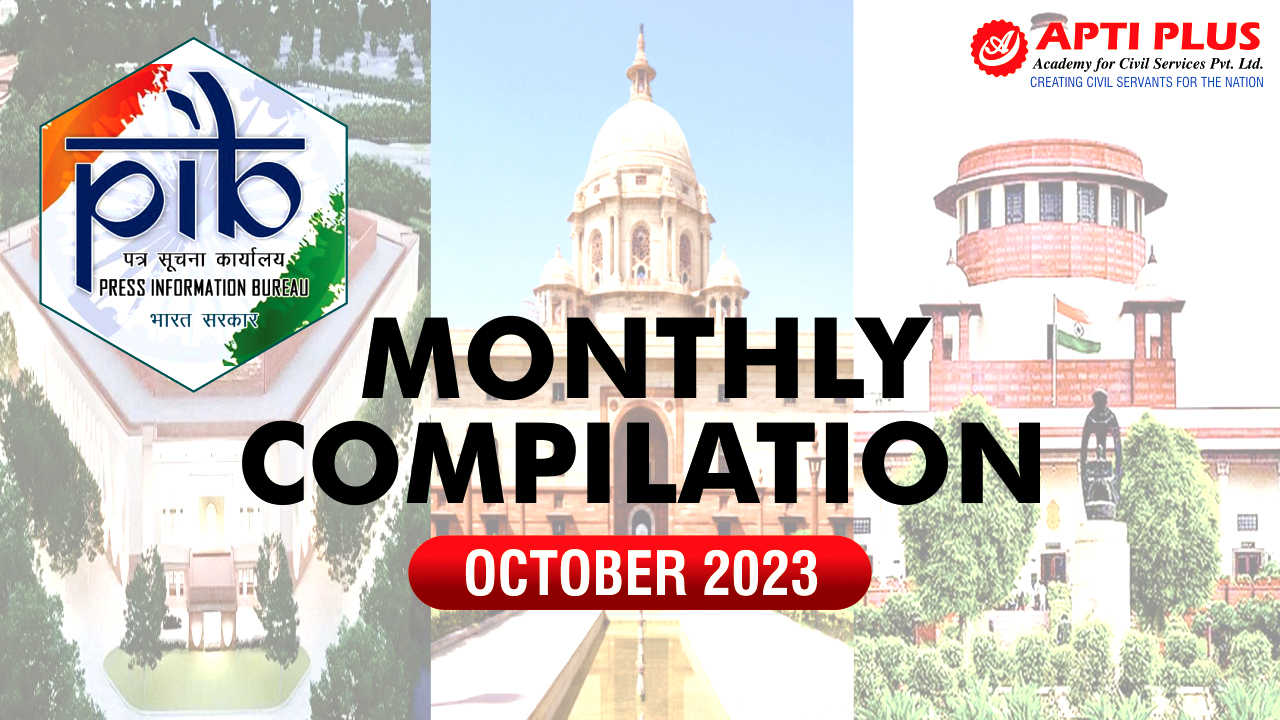Description

Copyright infringement not intended
Picture Courtesy: thelogicalindian.com
Context: India's adoption system has been under scrutiny by the Supreme Court due to significant delays and a substantial backlog, which has resulted in disparities and challenges in the adoption process.
Central Adoption Resource Authority (CARA)
Formation of CARA
- CARA was established in 1990 under the Ministry of Women and Child Development in India.
- Its primary purpose is to oversee and regulate child adoption procedures, ensuring the best interests of the child. CARA is responsible for both domestic and inter-country adoptions.
Regulation and International Commitments
- CARA became a signatory to the Hague Convention On Protection of Children and Co-operation in 1993, which facilitates inter-country adoption to find suitable families for children who cannot be placed in their state of origin. India ratified this convention in 2003.
- Adoption in India is governed by two laws—the Hindu Adoption and Maintenance Act, 1956, and the Juvenile Justice (Care and Protection of Children) Act, 2015.

Evolution of CARA's Roles
- Over the years, CARA's powers expanded with changes in juvenile justice laws.
- In 2015, the Guidelines Governing the Adoption of Children were introduced, including the establishment of an e-governance system called CARINGS to facilitate adoption.
- CARA was empowered to streamline processes, provide transparency, and minimize the possibility of trafficking and corruption.
Recent Amendments (2022)
- The Juvenile Justice Act was amended in 2022, authorizing local District Magistrates (DMs) to issue adoption orders to ensure speedy disposal of cases and enhance accountability. This decentralization aimed to involve DMs in inspecting the functioning of local childcare institutions, child welfare committees, and juvenile justice boards.
Functions of CARA
- To frame regulations, guidelines and instructions for the adoption of Indian children.
- To issue registration certificates to adoption agencies and renew, suspend or cancel them as per norms.
- To maintain a database of children available for adoption and prospective adoptive parents.
- To monitor and facilitate the progress of adoption applications at various stages.
- To conduct research, training and advocacy on adoption-related issues.
- To coordinate with state governments, adoption agencies, foreign central authorities and other stakeholders on adoption matters.
|
CARA has launched several initiatives to streamline and simplify the adoption process and to ensure transparency and accountability. Some of these are:
●Adoption Application Management System (AAMS): It is an online portal for prospective adoptive parents to register, track and follow up on their applications.
●Child Adoption Resource Information and Guidance System (CARINGS): It is an online platform for childcare institutions and adoption agencies to upload data on children available for adoption and to process applications.
●Adoption Recommendation Committee (ARC): It is a committee at the state level comprising experts from various fields to scrutinize and recommend inter-country adoption cases.
●District Child Protection Unit (DCPU): It is a unit at the district level under the District Magistrate to coordinate and monitor the implementation of child protection services, including adoption.
|
Concerns and Recommendations Faced by CARA
- Identification of Children: Improving methods for identifying children who need adoption is crucial. This might involve better collaboration with local authorities, social welfare organizations, and enhanced public awareness campaigns to encourage reporting and registration of orphaned or abandoned children.
- Infrastructure and Awareness: Addressing infrastructural deficiencies and raising awareness can be tackled through strategic partnerships with NGOs, government initiatives for infrastructure development, and extensive educational campaigns to inform people about the adoption process and its importance.
- Legal and Procedural Challenges: Simplifying adoption laws and procedures, along with comprehensive training for legal authorities, could streamline the process. Regular updates and workshops for District Magistrates on recent amendments could reduce confusion and ensure smoother adoptions.
- Parent-Centric System: Shifting the focus to a more child-centric approach is essential. Incorporating checks and balances to prioritize the child's well-being at every stage of the adoption process, while still considering the prospective parents, could help create a more balanced system.
- Return of Adopted Children: Understanding and addressing the reasons behind children being returned after adoption is crucial. Implementing better pre-adoption counselling and support, thorough screening and matching processes, and providing post-adoption support services could potentially mitigate this issue.

Conclusion
- CARA is an important institution that works for the welfare and rights of children who need care and protection. It ensures that every child gets a loving and permanent family through legal and ethical adoption. It also plays a vital role in implementing India's obligations under The Hague Convention on Inter-Country Adoption.
|
PRACTICE QUESTION
Q. What role does the Central Adoption Resource Agency (CARA) play in the adoption process, and how does it contribute to the welfare and regulation of adoption in India?
|










